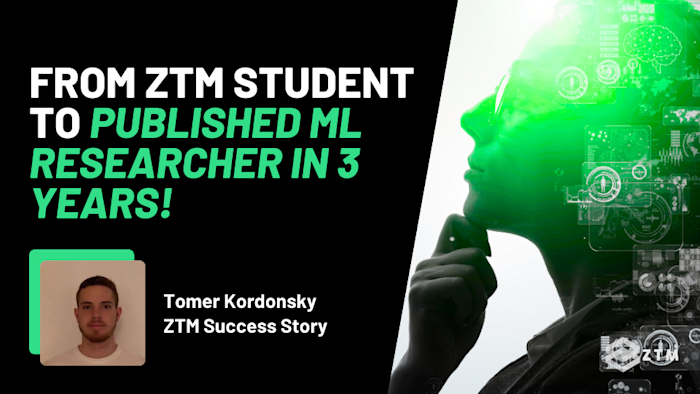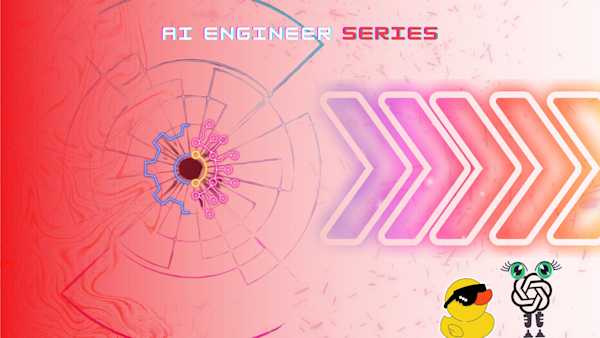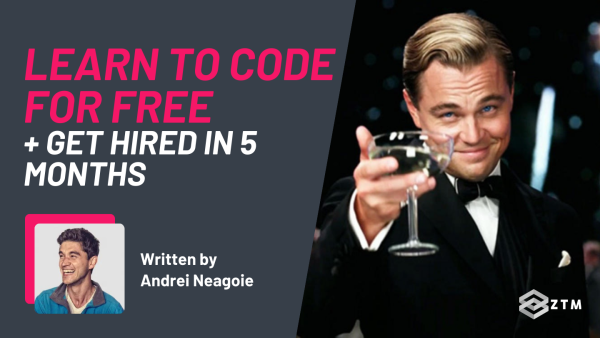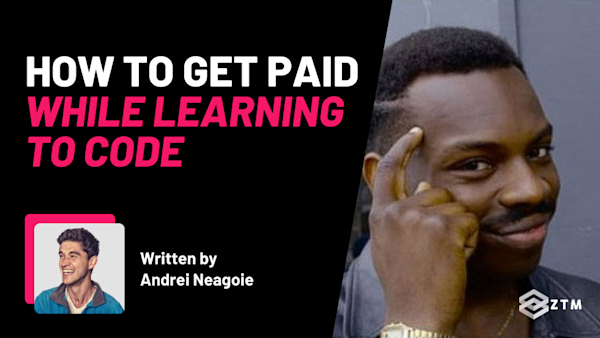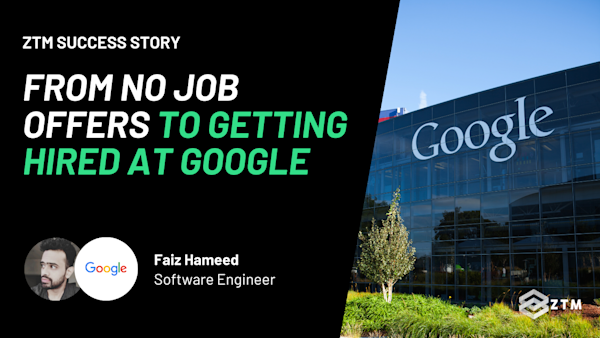A few years back, I interviewed a ZTM student who landed his first tech job right out of high school. (If you haven’t read it before, it’s worth checking out and super motivational).
One of the key things about Tomer, is his desire to keep learning and pushing himself, which is why I wasn’t surprised to see a new win for him over in our ZTM Discord:

Yep, just 3 years into his career and he's now a published author on a Machine Learning paper!
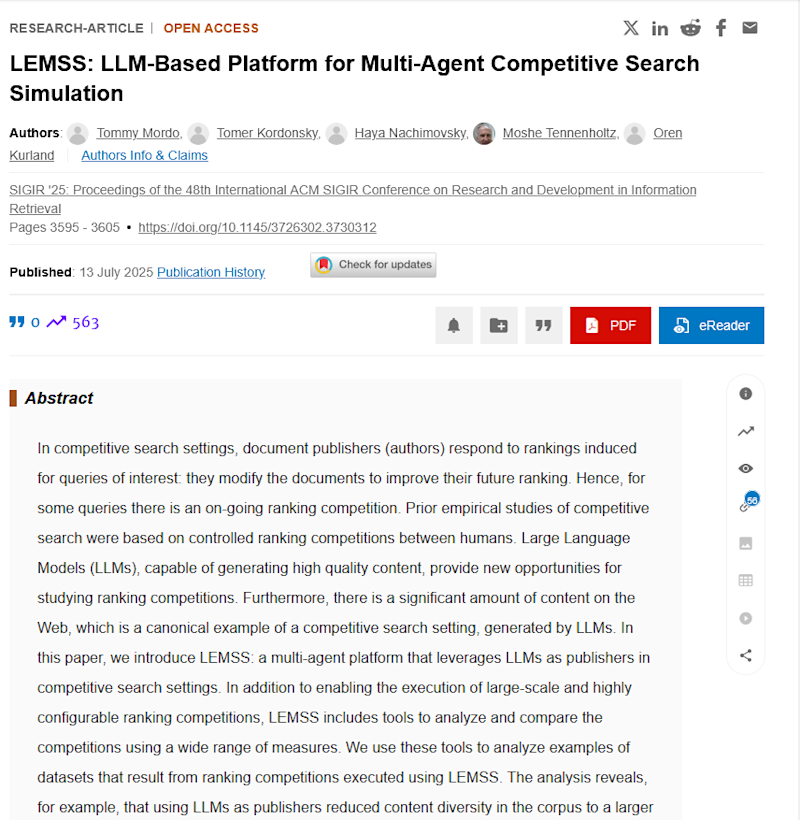
Pretty cool right?
Especially when it's going to be talked about at the 48th International ACM SIGIR Conference on Research and Development in Information Retrieval in Italy.
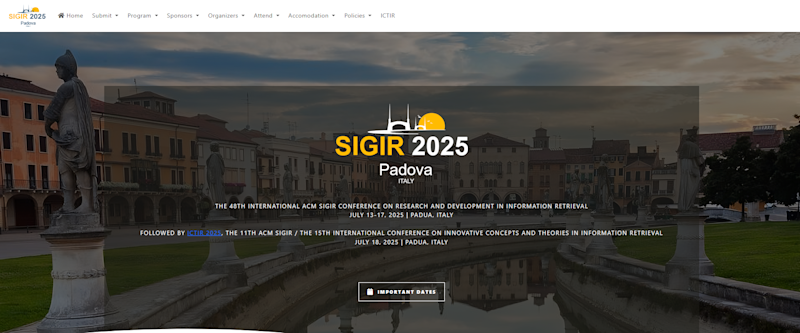
He just keeps on leveling up!
With that in mind, I wanted to reach out to him and see how his career has progressed, what he’s working on next, and any new advice he has for students starting out or moving into more senior roles.
This is what he had to say…
Where are you working nowadays?
I’ve changed companies since we last spoke (around 3 years back).
I’m currently leading research and development at NOHAYO, where I focus on designing advanced deep learning models for time-series data, especially physiological signals from wearable medical devices.
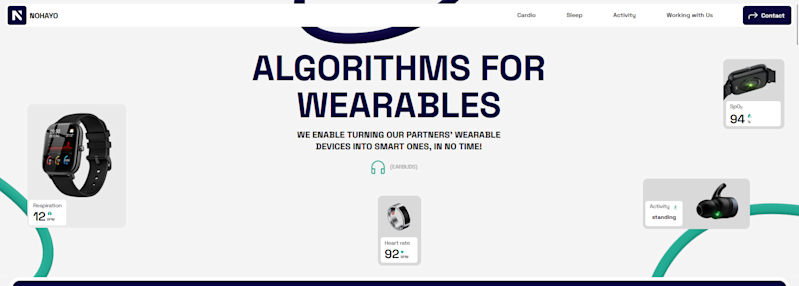
My work involves building models that are both accurate and generalizable across users and hardware, with an emphasis on real-world deployment.
I also design architectures, lead experimentation, and optimize models for robustness, all while working closely with partners in the healthcare and wearable tech space.
How did you land your new job?
They reached out to me!
I had been sharing technical work, publishing code writing up my insights online, and staying active in the machine learning community. That visibility helped open the door.

Not many people realize this but demonstrating your work publicly whether through GitHub, blog posts, or research, is one of the most effective ways to create opportunities - especially in fields like AI, but it works in all of tech.
What advice would you have for people just getting started in Machine Learning and AI today?
OK so I have a few tips:
Tip #1. What you know now is important
Don’t wait to be an “expert” to start building and sharing. It’s one of the best ways to solidify your knowledge and build your professional reputation.
By writing at your current level of experience, you’ll often be able to resonate with someone who is a few steps behind. Whereas experts can struggle to relate because problems they had issues with are so far in the past, they sometimes forget they exist.
So don’t think you have nothing of value to share!
Tip #2. Don’t just learn. Make sure to take action!
The best way to learn is by doing; so pick a problem that interests you, even something small, and build a project around it end-to-end.
Not just that, but focus on understanding the why behind each step, not just the code.
Tip #3. Have a learning plan or roadmap
Start with the fundamentals:
Python
Scikit-learn
And the basic algorithms
Don’t skip the math, linear algebra, probability, and optimization either because these are the foundation for everything in ML.
After that, I would recommend moving into deep learning with PyTorch or TensorFlow. For many real-world problems, especially in areas like healthcare, finance, or user behavior, time-series modeling is crucial.
You’ll also what to learn about:
RNNs
GRUs
Transformers
And temporal CNNs
And finally, make time to understand data pipelines, evaluation metrics, and deployment basics, as these are critical skills for turning models into actual impact.
Are there any tools or topics you’re currently learning?
Yes, outside of work, I’m currently focused on:
LLM training with reinforcement learning (like RLHF and RLAIF)
Retrieval-Augmented Generation (RAG) and hybrid neural-symbolic systems
AI agents and orchestration of multi-step reasoning
Scalable data engineering for large time-series and unstructured datasets
This is part of my independent research, which I pursue on my own time.
Speaking of which, I’m currently writing my second academic paper, focusing on reinforcement learning techniques for LLM training!
It’s been an exciting intersection of theory and real-world application.
Have you taken any more ZTM courses since we last spoke?
Yes! I completed the PyTorch course, which really helped reinforce deep learning foundations.
I also took the RAG course, which gave me great insights into combining retrieval systems with generative models.
Right now, I’m working through the new Data Engineering course to deepen my understanding of scalable ML infrastructure, which is something that’s increasingly critical in both research and production environments.
Any final thoughts?
Yeah.
I would just like to say that if you’re serious about getting into the tech industry; whether it’s:
Machine Learning
Deep Learning
Data Engineering
or AI
You should learn from Zero To Mastery.
I’ve tried a lot of online courses over the years, and nothing comes close to the depth, structure, and real-world relevance that ZTM offers.
For example
Most courses stop at surface-level theory or are just follow-along tutorials but ZTM is different. They teach you how to think like an engineer, build production grade projects, and give you the tools, mindset, and confidence you actually need to succeed in a real work environment.
This way it’s not about memorizing code, but about understanding why things work and how to apply them when things get messy (which they always do in practice).
Better still, the instructors don’t just teach a concept. They mentor you through an example, real world challenges, and practical advice from industry experience.
TL;DR
If I had to start again, I’d still choose ZTM!
Best articles. Best resources. Only for ZTM subscribers.
If you enjoyed this post and want to get more like it in the future, subscribe below. By joining the ZTM community of over 100,000 developers you’ll receive Web Developer Monthly (the fastest growing monthly newsletter for developers) and other exclusive ZTM posts, opportunities and offers.
No spam ever, unsubscribe anytime
